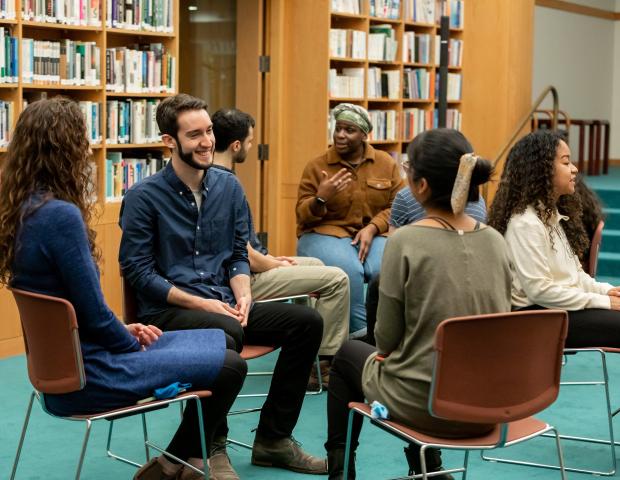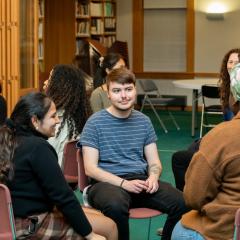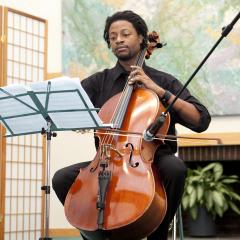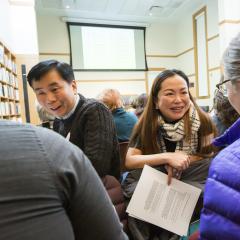What Do We Mean By Peace Cultures?
Discussion at Ikeda Center Youth Steering Committee meeting
The word ‘peace’ is in the very title of our organization, yet it’s often far from clear exactly what that word means, especially since it means different things for different people.
Here are a few key aspects of what it means to us. First of all, it’s important to approach peace not as an all or nothing proposition, but rather as something that can be ever-expanding through the actions of individuals and groups. This is why the peace theorist and historian Elise Boulding always framed things in terms of what are called “cultures of peace.” What this means is that within any society, no matter how peaceful or conflict-ridden it is generally speaking, there will always be communities or cultures within it that enact peaceful principles, which both can be built on and serve as examples for society as a whole.
For Boulding, the core attribute of a peace culture is the ability to deal with conflict creatively and nonviolently. Daisaku Ikeda concurs, placing kyosei, or creative coexistence, at the heart of his peacebuilding philosophy. The vital thing to know about Ikeda’s kyosei, contends Jason Goulah, is that it is an active form of interdependence, in and of itself a neutral phenomenon, but one, which if approached with the intent to expand harmonious relations, becomes the essence of peacebuilding. Crucially, neither Boulding nor Ikeda conceive of a peaceful world as one completely without conflict, but rather one in which such conflicts are negotiated dialogically. Indeed, for Ikeda, dialogue is the peacebuilding practice par excellence. A rejection of the “logic of force,” which is the rationale of war, Ikeda insists that “to expand the civilization of dialogue is to accept the sound and magnificent challenge of attaining world peace.” Finally, we and Mr. Ikeda agree that it is our responsibility as humans to create the social and political conditions in which as many people as possible have the opportunity to flourish and be happy. To this end, Mr. Ikeda publishes an annual peace proposal in which he combines philosophical reflections with concrete proposals for dealing with social problems ranging from climate change to nuclear weapons abolition.



